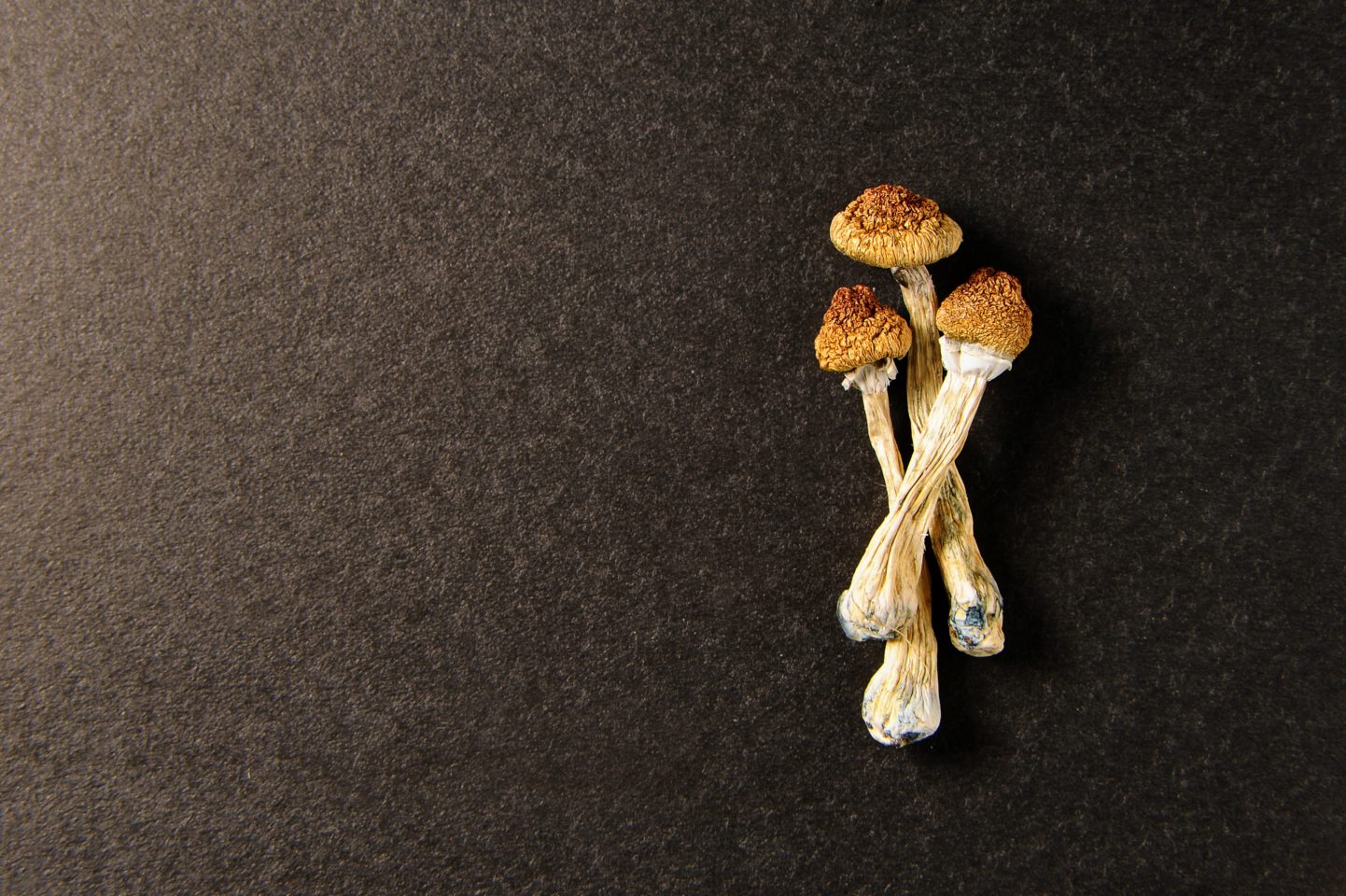
Oregon County Proposes Ban on Psilocybin Therapy
Local leaders in Linn County, Oregon are moving forward with a proposal that would ban psilocybin therapy centers licensed by a statewide ballot measure to legalize the therapeutic use of psychedelic mushrooms. Under a proposal passed by the Linn County Board of Commissioners last week, voters in the November 2022 general election will be presented with a voting measure banning the production, manufacture and therapy of psilocybin.
In 2020, Oregon voters passed Measure 109, the Oregon Psilocybin Services Act, a bill that legalized the therapeutic use of psilocybin. State officials are drafting regulations to pass legislation authorizing centers where trained moderators dispense psilocybin for therapeutic purposes.
Under Measure 109, local jurisdictions such as counties, cities and townships were given the power to regulate psilocybin therapy centers or refer a decision on the issue to constituents in the community. On June 21, the three-member board voted to put before voters in this year’s general election a measure banning psilocybin therapy centers in Linn County.
“My fear is that young people will pick mushrooms and go out and do things that could cost them their lives,” Linn County Commissioner Roger Nyquist told the Albany Democrat-Herald.
“I just think it’s appropriate to refer this measure to Linn County voters and give them a say, especially because they didn’t support this measure at all,” he added.
Commissioner Will Tucker said he was concerned that first responders might not be on the scene quickly enough when a patient receiving psilocybin therapy in the remote central Oregon county experiences a medical emergency.
“I have people who are miles from a service like a grocery store,” he told Filter.
Tucker noted that if passed, the ballot measure would only apply to the unincorporated areas of Linn County. The proposal would not affect the county’s incorporated towns and cities, including the largest city of Albany, although local officials are considering a similar ban on psilocybin therapy centers there.
“I’d like to see it done with care and control,” Tucker said. “My son has PTSD; a sniper from the Iraq war, he’s 100 percent disabled… If there’s any way his mental health could be affected by marijuana or any other drug, including mushrooms, I’d be all for it.”
Few counties are moving to ban psilocybin therapy centers
Evan Segura, president of the Portland Psychedelic Society, says that moves to ban psilocybin therapy in the counties don’t appear to be trending. But at least one county along the Idaho border, Malheur County, has proposed a ban. He noted that the jurisdiction is already home to several cannabis dispensaries, attracting customers from neighboring states that have not yet legalized cannabis.
“I think these counties anticipate that there will be a huge outpouring of interest from Idaho, Montana, Wyoming jumping across state lines to access psilocybin services,” Segura said. “These conservative counties just aren’t interested in being guinea pigs for this program, and I’m sure there’s a lot of prohibition hysteria surrounding the drug war that scares them.”
Federally, Oregon voters approved Measure 109 in the 2020 general election, with 56% of the votes cast voting in favor of the initiative and 44% against. But in rural Linn County, just 45% of voters voted for psilocybin therapy centers, while 55% opposed the ballot measure. Statewide, 21 of Oregon’s 36 voted against Measure 109, although the initiative’s success in more populous counties secured its passage.
Linn County Commissioner Sherrie Sprenger said she doesn’t think Measure 109 will achieve its stated goal of stemming the illicit market for psilocybin, an argument for legalizing cannabis that she describes as “naïve and ill-informed.”
“The situation that a lot of Oregon country folk find themselves in is this notion that our voice hasn’t been heard and our voice hasn’t been considered,” Sprenger said. “Sometimes we feel like the metro areas, ie Portland and Eugene, are making decisions for the rest of us. Local voters need to have a say in their own community.”
Segura said many of those opposed to psilocybin therapy centers are concerned about someone getting behind the wheel of a car immediately after a day-long session, particularly those who may not have the means to afford an overnight stay. However, he does not see any significant risk in the dispute.
“I think this situation is extremely rare,” Segura said. “I think if people can afford the session, they can afford a hotel, not just staying at a service center that offers accommodation. I think there’s minimal risk of someone taking psilocybin and then getting in their car and driving away.”
“We never hear stories of people eating mushrooms and then doing something dangerous,” Segura added. “We would hear more about it if it happened more often.”

Post a comment: